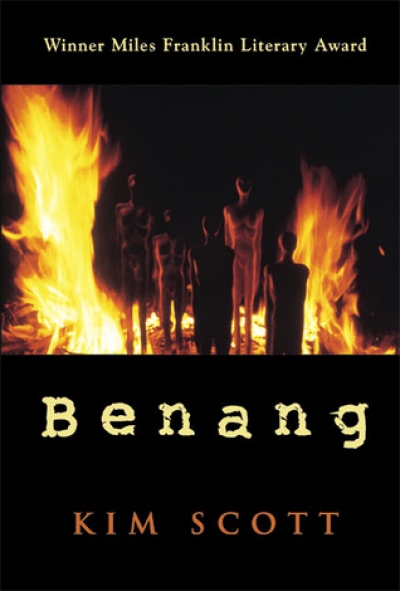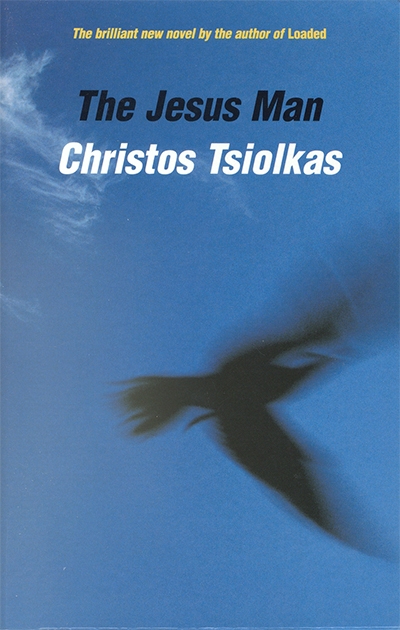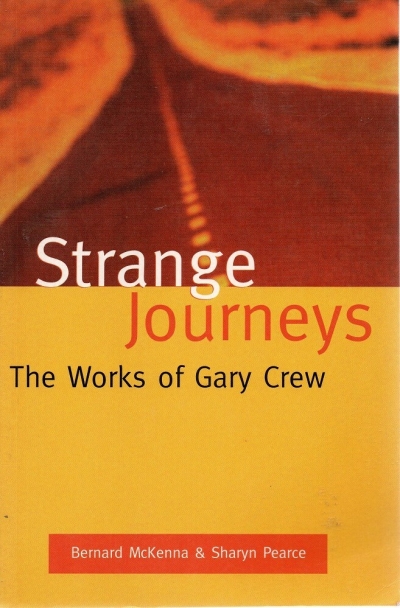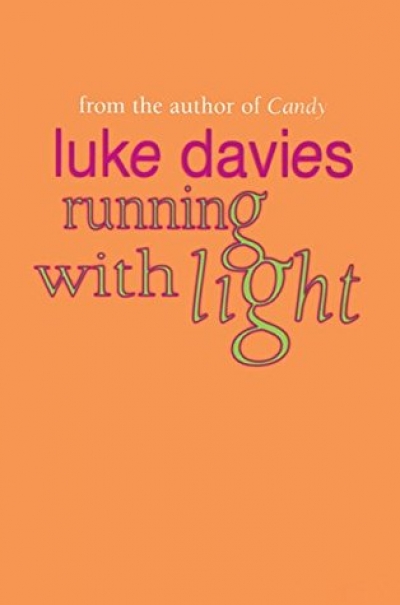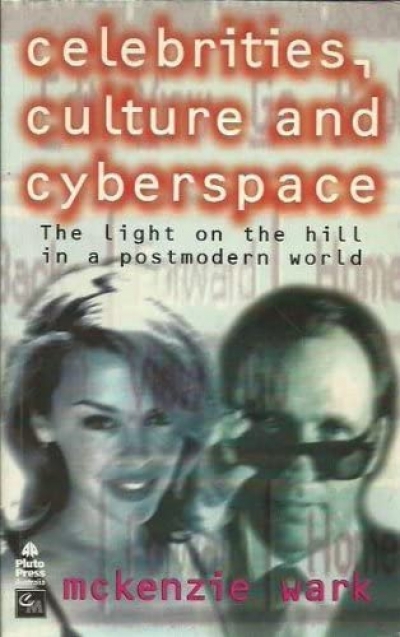Archive
Strange Journeys: The works of Gary Crew by Bernard McKenna and Sharyn Pearce
by Stephen Matthews •
The Queen of Bohemia by Dulcie Deamer & An Incidental Memoir by Robin Dalton
by David McCooey •
Recently I have had a number of enquiries from readers who want to submit books for review hand the enquiries came from people unfamiliar with the reviewing process. So for those readers who are unfamiliar with the reviewing process, a few words about it.
... (read more)Celebrities, Culture and Cyberspace: The light on the hill in a postmodern world by McKenzie Wark
by Andrew Rutherford •


